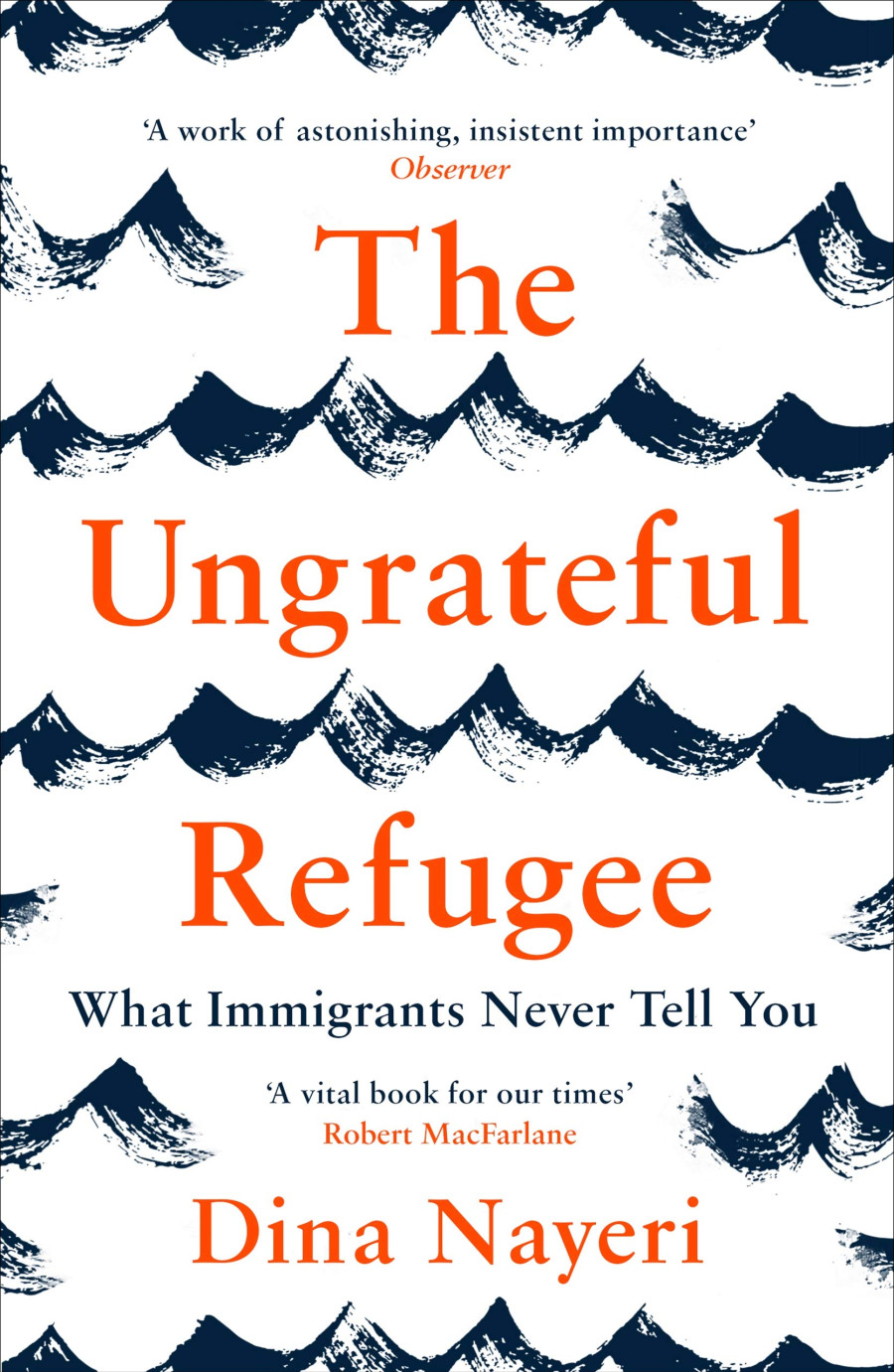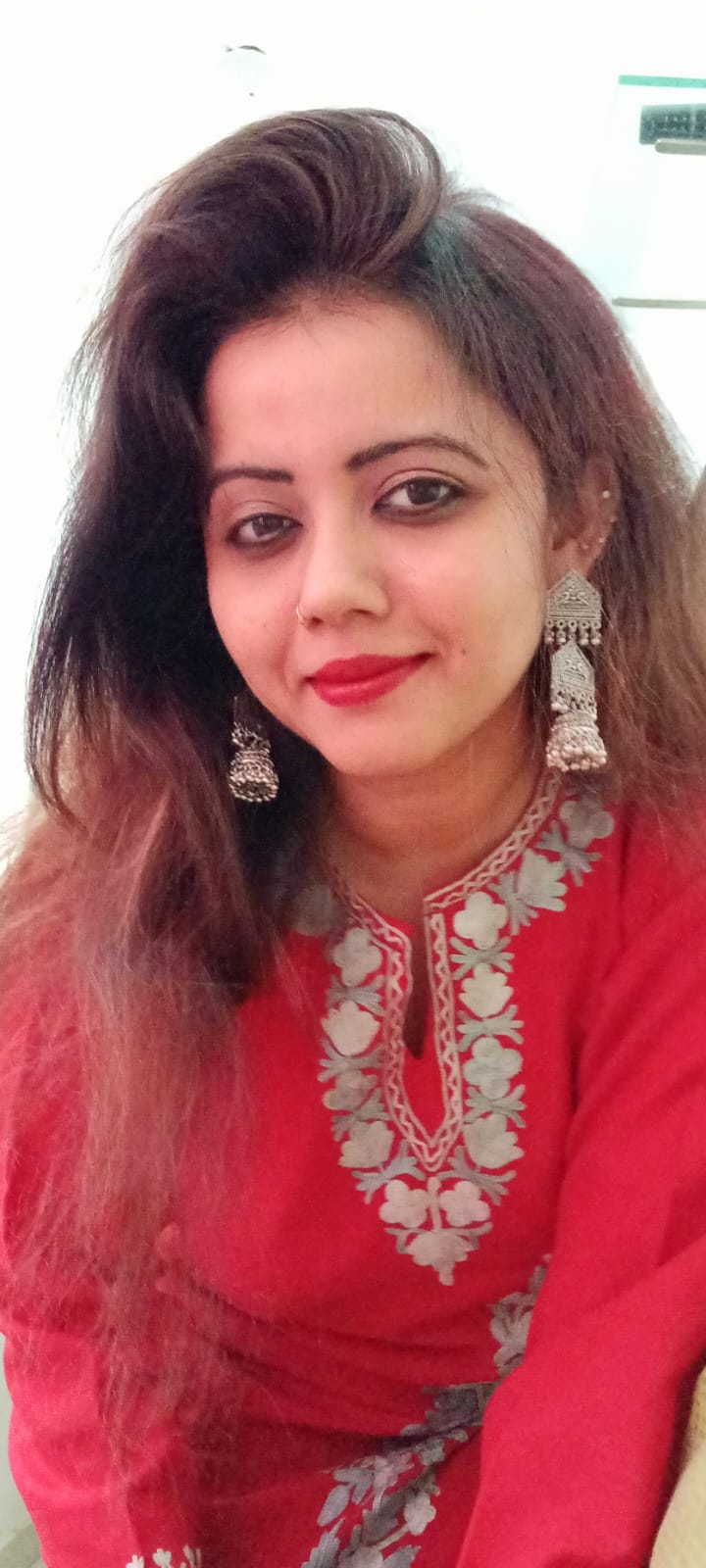Books
Unending saga of displacement
In a new book, Dina Nayeri uses memoir and reportage to explore what it means to be a refugee.
Fathima M
“Say this city has ten million souls/ Some are living in mansions, some are living in holes:/ Yet there’s no place for us, my dear, yet there’s no place for us,” writes W H Auden in his poem ‘Refugee Blues’, poignantly capturing the undesirability of refugees in a city-scape. Being a refugee is undoubtedly one of the most terrifying and humiliating experiences, one that reduces a human being into something else. Refugees often experience loss, vulnerability and a perpetual sense of awaiting even as they strive to belong somewhere.
These are some of the concerns Iranian-American writer Dina Nayeri raises in her book The Ungrateful Refugee as she examines the various facets of a refugee life based on her experiences as well as those of fellow refugees.
Born in Isfahan, Iran and forced to flee her home country at the age of eight, Nayeri narrates the ordeal her family had to go through while living as refugees, first in Dubai, then in Italy, and finally in America. She narrates how her mother’s conversion into Christianity became a matter of concern and the family had to endure much hardship while finding a safe ‘home’. While assimilation in any adopted country is hard on refugees and immigrants alike, only refugees know the pain of waiting, the humiliation and fear that accompany this experience. She relies not only on the memories of her own refugee experiences but also on interviews and conversations with people who were still in the camps. The saga of displacement is never-ending as Nayeri shows in the book in five different sections.
In the first part, ‘Escape’, Nayeri talks about her home in Iran and how the post-Revolution circumstances made it impossible for her mother to stay in Iran anymore. The next section is ‘Camp’ where she narrates the experience of perpetual helplessness, of waiting, of having no routines and no purpose. This is followed by the section ‘Asylum’ where one goes through an array of interrogations, paperwork and a lot of luck. Once one gets lucky enough to get through this, next comes the sections of ‘Assimilation’ and ‘Cultural Repatriation’. In these two sections, Nayeri depicts how assimilation for her is almost like being expected to shed older skin and somehow become ‘American’ overnight. This is asking for too much from the refugees since they have already given up everything to come to this stage and hence owe nothing to ‘native’ culture or even fellow immigrants.
Although Nayeri uses her own experiences to articulate the shame, fear and humiliation that refugees have to go through, she ends up essentialising the idea of a refugee, as if she can speak for all refugees. This is one of the methodological flaws in the book where she clubs elements of her own life into a broader context of refugees in general. There is no specific mention of the long Iraq-Iran War, the perpetual homelessness among many Middle Easterners, or US sanctions that drained the economy of Iran, forcing the youth to settle for very little or nothing. She does not engage with the USA and Europe meddling into the affairs of the Middle East or how the sanctions have forced many youth to flee Iran even when that is not what they want to do.
The author also fails to engage with the history of religious persecution in Iran. The fleeing Zoroastrians escaping the Islamists were called apostates. A little research on this would have shown how Parsis are some of the oldest refugees in India who fled from Iran to preserve their religious identity. And till date, they remain a minority and a cultural ‘other’. Had it been just a memoir, there would still be some room to overlook these flaws. But the book is not merely a memoir or an autobiography; Nayeri has made field trips to Greece and the Netherlands to find out the experiences of contemporary refugees. And it seems that everyone has more or less similar problems.
The book is too narrow in scope and understanding of what becoming a refugee encompasses. The author misses the larger picture behind the making and becoming of refugees. There is no denying the fact that all refugees, irrespective of their circumstances back home, deserve a place as well as dignity and respect. But it is unfair to also put everyone together in the same basket. Reading Nayeri’s book, one gets an idea that the only refuge seekers in Europe are those who flee Iran because of religious conversion or their sexual orientation. These are reasons enough to flee a tyrannical country or a regime. One cannot underestimate the pain people have to suffer when their homes are destroyed indiscriminately, irrespective of religion, sexual orientation or other differences.
At the same time, Nayeri is pretty honest when she exposes her mother’s reckless attempts at propagating Christianity even when she is seeking refuge in an Islamist country, to the extent of offending those who are trying to help her. In that sense, as Nayeri shows, her mother is not able to rid herself of the temptation to project her faith as superior to others. And historically, this failure to appreciate differences has often been the basis of religious wars and conflicts. While everyone is free to make a choice for themselves, propagating one’s faith to another is wrong, just as the West turning its back against the refugees is wrong.
The Ungrateful Refugee is a book of our times considering how many respected people in the Middle East are becoming refugees due to aggression of the West. At a time when the developed world has become so insistent upon tightening immigration and letting refugees linger or even die right outside their borders, this book deserves to be read and discussed despite its misgivings.
——————————————————
The Ungrateful Refugee: What Immigrants Never Tell you
Author: Dina Nayeri
Publisher: Canongate UK
Price: Rs 1823 (approximately)




 22.93°C Kathmandu
22.93°C Kathmandu










